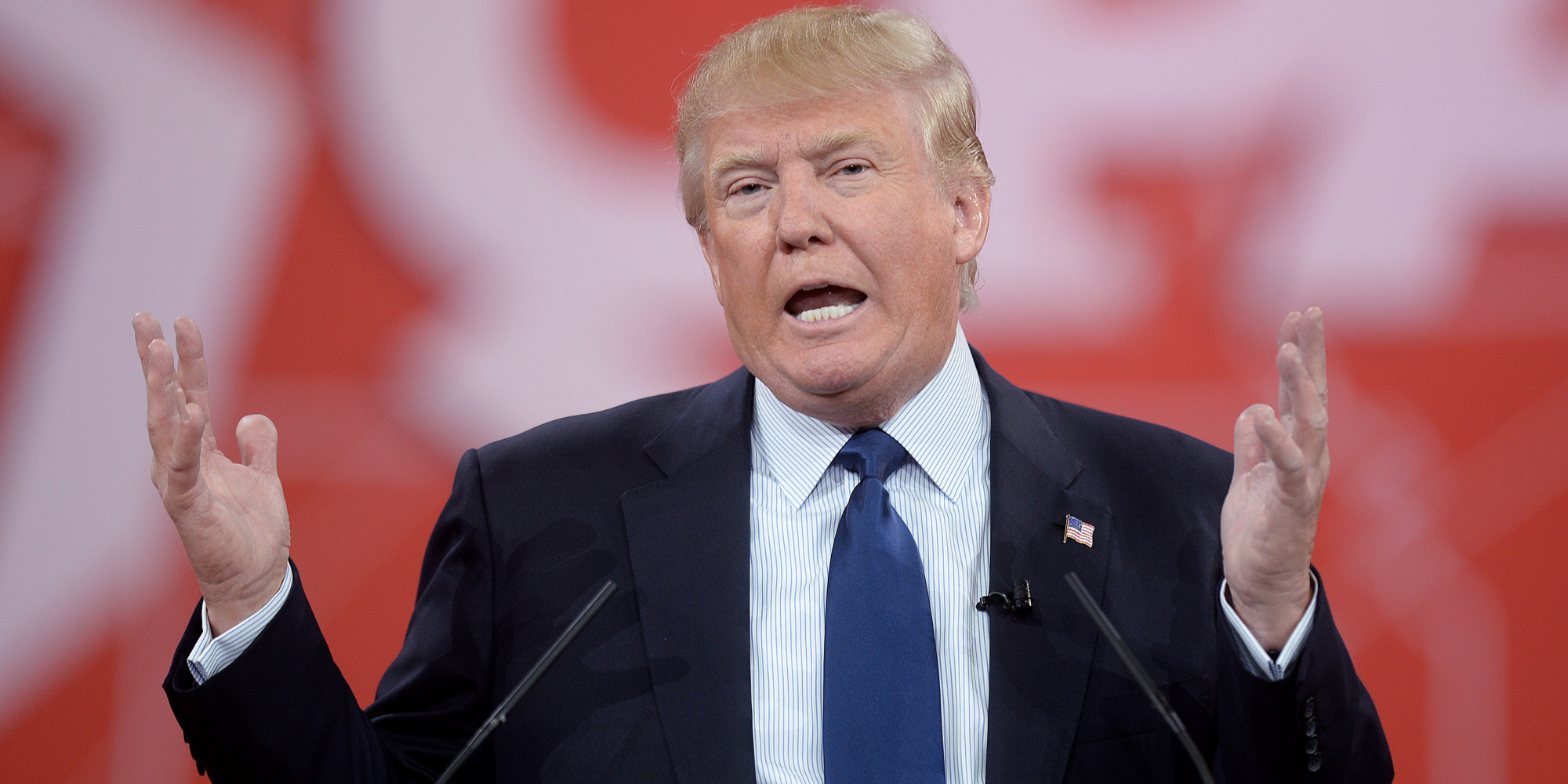Trump’s Invocation of the Alien Enemies Act Raises Legal Concerns
Current Affairs International IssuesPosted by newadmin on 2025-03-18 08:36:12 |
Share: Facebook | Twitter | Whatsapp | Linkedin Visits: 16

Recently, President Donald Trump invoked the Alien Enemies Act of 1798 to deport individuals linked to the Venezuelan gang Tren de Aragua. This marked the first time the law was applied since World War II. The Alien Enemies Act grants the President the power to detain or deport non-citizens from nations deemed hostile during times of war or invasion. The law, part of the broader Alien and Sedition Acts, allows such actions based on nationality, without requiring court hearings, which raises concerns about violations of constitutional rights, particularly due process.
Historically, the act was applied during World War I and World War II to detain nationals from enemy nations, such as Japan and Germany. However, Trump’s recent use of the law to target members of a criminal gang represents a more modern interpretation. The administration argued that the Tren de Aragua gang’s activities amounted to an “invasion,” extending the definition beyond traditional military conflicts to include unlawful migration and drug trafficking.
Legal challenges to the deportations have arisen, with a federal judge blocking the actions and raising doubts about the law’s application in peacetime. While the political question doctrine limits judicial intervention in matters of foreign policy, this case highlights the growing concerns over the potential abuse of executive power under the Alien Enemies Act.
Search
Categories
Recent News
- Iran's Subterranean Missile Might: A Strategic Show of Force
- Central Bank Extends Recruitment Drive: Seizing Career Opportunities
- Unlocking Savings: Strategies to Beat Credit Card Interest
- Cognizant's Generous Bonus Surprise: A Year's Worth of Pay
- Family Support for Anaya's Journey: A Story of Acceptance
- German Cup Drama: Undav's Magical Moment Seals Stuttgart's Fate
- German Goalkeeper's Season Halted by Hamstring Injury
- Justice Delayed: 100-Year-Old's Long Wait for Freedom
Popular News
- Navigating IPO Market Dynamics Amid Volatility and Regulatory Changes
- Massive Worldwide Microsoft Outage Disrupts Multiple Sectors
- Panjapur Bus Stand to Reshape TNSTC Routes
- తెలుగుదేశం పార్టీ - పేదరికాన్ని నిర్మూలించడంలో వాగ్దానం
- Universities Embrace Remote Learning Technologies Amidst Ongoing Pandemic